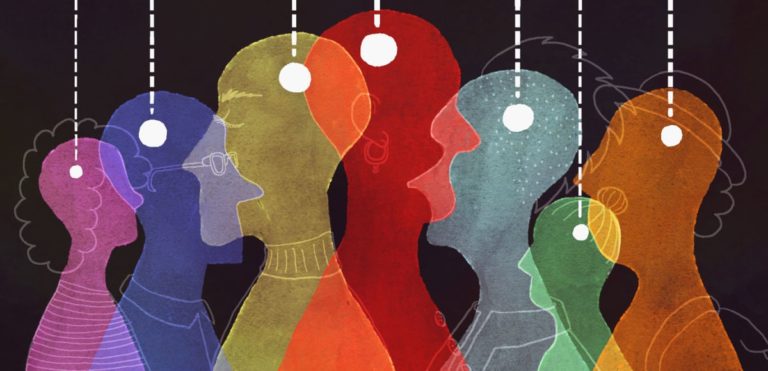In Beijing this past week, Chinese rulers cracked down on the possibility that someone, somewhere might have an allegiance to something other than China’s current regime. Thus, 100 members of the 1,000-member strong Shouwang Church were detained during Christianity’s holiest week; their “offense” was to hold public prayer services to protest restrictions on property they purchased in 2009.
The background is that the Shouwang Church tried to legally register itself but independent of the government-controlled Protestant organization in China. That’s a no-no in China, where Beijing has long sought to control religious expression.
Westerners, especially where state and religion are practically separate (in Canada and Europe) or constitutionally separate (the United States), often forget that freedom of conscience and expression is not the norm around the world.
Such repression matters regardless of whether one practices a faith or is an outspoken atheist. Ultimately, religion is a reflection of one’s own person. Moreover, as an individual, one will at some point differ from the 6,913,464,704 other people on the planet, something difficult if one’s view on the cosmos is repressed.
Room must be made for diverse views because unless one thinks we’ve all arrived at nirvana-like perfection, freedom of conscience and expression are critical for improvements. That requires criticism. Religious priorities are one possible avenue of opposition to societal or the state’s status quo and can result in positive reforms; anti-slavery abolitionists in the 19th century and anti-human trafficking advocates now are examples.
A state’s desire for severe control over religion represents a threat to all because it reveals a desire for extreme uniformity, often in the name of social cohesion.
To be sure, social cohesion matters and some shared values are integral to a well-functioning country. Without the underlying and often unspoken agreement that individuals matter, that elections and peaceful transfers of power are critical, that courts should be independent and that Canada should be governed by the rule of law, normal day-to-day rights and freedoms we take for granted would be in peril.
That caveat is why even religious freedom has limits if, as part of someone’s agenda, there’s an attempt to hedge others in. (Religion has been used both to restrict and expand freedoms.) It’s why radical Islamists who try and undercut the core liberal values of the West cannot co-exist with our society; we’re at odds with them and vice-versa. They have a need for extreme uniformity and we don’t.
The harshest example of such enforced uniformity is Saudi Arabia. Those not of majority faith (Islam) and majority sect (Wahhabism) are not only second-class citizens but in danger of death if they “blaspheme” Islam.
In his 2008 book, Religious Freedom in the World, which analyzed degrees of religious freedom in 101 countries and territories, including the ability to be free from religion itself, Paul Marshall noted how “Muslim majority” countries have the worst record on such freedoms. “Of the 41 countries surveyed that can be rated as religiously ‘free’, 35 are traditionally Christian,” writes Marshall. The others include three mainly Buddhist countries (Japan, Thailand and Mongolia) and Israel.
In contrast, only two mainly Muslim countries are ranked as free (Mali and Senegal). But most Muslim-majority nations have various restrictions. They range from the penalties already noted in Saudi Arabia to, for example, bans on Baha’i institutions and activities in Egypt. Or consider Iran where death sentences and assassinations have been the cost of converting from Islam to other faiths.
The restrictions on religion in Muslim-dominated countries are hardly surprising. In faiths that had historic influence in the West, Judaism had the example of Job who argued with God; in Christianity, Christ asserted men owed allegiance to both God and Caesar. Both traditions thus had seeds that allowed, eventually, for the flowering of open diversity. The West also experienced the Reformation, Renaissance and the Enlightenment which all helped to propel freedom forward.
Thus, until Muslim-majority countries can conceive of a state-religion split as anything other than apostasy, such countries will not be the most amenable to minority faiths, agnosticism and atheism.
Proponents of utter uniformity cannot stand that people even think differently than the status quo. In extreme forms, an attachment to excessive unity over diversity has led to bloodbaths under Hitler, Stalin, Mao and Pol Pot, and the severe repression that yet emanates from rulers in Riyadh, Tehran and Pyongyang.
Such a mindset was perhaps best illustrated by George Orwell in 1984. “We are not content with negative obedience,” said the torturer O’Brien to Orwell’s main character, Winston. “We make him one of ourselves before we kill him. It is intolerable to us than an erroneous thought should exist anywhere in the world.”







